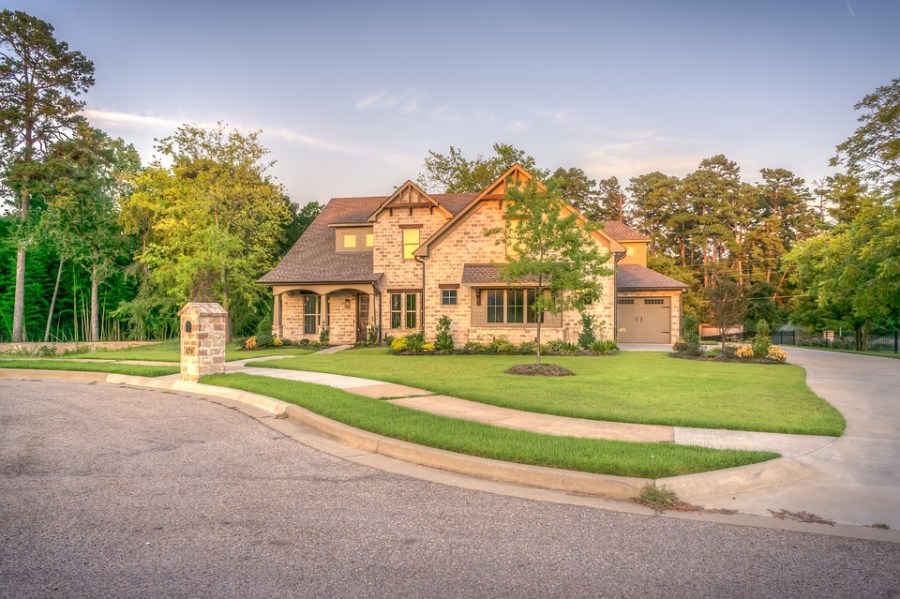Questions to Ask Middle School Studnts to Evaluate Class

Whether you're shopping for your next home or looking for a building to use as an investment, buying property is a big deal. You're going to invest a lot of time and money in the process, so it helps to understand what to look for as you browse the available listings. You don't need real estate sales training to make an informed decision. Just ask yourself these five questions before you sign on the dotted line.
The first question most people ask before buying a property is whether they can make the mortgage payment. Yet, the actual cost of the property includes more than the mortgage. You have to pay property taxes and insurance premiums each year. If the neighborhood has a homeowners association or condo owners association, you have to pay those fees as well.
You need to factor in the cost of utilities. Bigger buildings have higher air conditioning and heating costs, so make sure you have money to cover these increases. If you've been renting a place that had electricity, water or Internet service included in the rent, you should find out what these services cost on their own. There's also a question of how to finance commercial real estate if you're looking for an office building or warehouse. Lenders' requirements for these loans may differ from those they offer for residential properties.
2. How Do You Plan to Use the Property?
Knowing what you want to do with a piece of property helps you decide which one is best for you. If you're looking for a vacation home in a tropical climate, don't look for real estate in Wilmington, NC. You're better off checking out Belize real estate. If you need a space for your company's office, start looking for commercial real estate leads.
Think about how long you want to keep the property. Perhaps you want to secure a retirement home when rates are low but don't want to move in yet. Consider renting it out for a few years to cover the mortgage. On the other hand, you may want to join the ranks of real estate flippers and hold on the property long enough to make a profit.
3. Is the Property a Good Investment?
There are no guarantees in real estate, but you can look for trends that suggest whether the property will go up or down in value. Find out whether the sale prices in the area are increasing or decreasing. Ideally, the property value increases so that you build equity and can later sell it for more than you paid.
Ask about planned developments and amenities like shopping center construction or road widening. A shopping center brings more convenience and job opportunities, but it also increases noise and traffic. Similarly, if the municipality plans to widen the road in front of the property, you may lose some of your yard. The local government may also decide to pave a dirt or gravel road. Both of these scenarios affect the property's value.
4. Do You Have the Means to Maintain the Property?
As a property owner, you're responsible for taking care of it. Maintenance expenses can add up, especially if you have to replace a roof or complete structural repairs. If you have the skills and equipment, you can save money by completing repairs on your own. However, if you own real estate in Costa Rica or on the other side of the country, this may not be possible. You need someone local to handle repairs for you.
5. Will You Have to Deal With Any Legal Restrictions?
If you're considering buying property in another country, make sure you understand that country's foreign ownership laws. You may need to have citizenship or a residency visa before you can own property there. Before you sign a contract, consult with an attorney who specializes in that country's law. The lawyer can explain and guide you through the purchase process.
You may also face legal restrictions in the United States. Local governments have land use and zoning laws that dictate what you can and cannot do on your property. For example, if the property is in a residential zone, you may not be able to conduct business there. Neighborhood organizations like homeowners associations may also have regulations for property use.
MORE FROM ASKMONEY.COM
Questions to Ask Middle School Studnts to Evaluate Class
Source: https://www.askmoney.com/insurance/5-questions-to-ask-before-buying-property?utm_content=params%3Ao%3D1465803%26ad%3DdirN%26qo%3DserpIndex
0 Response to "Questions to Ask Middle School Studnts to Evaluate Class"
Enregistrer un commentaire